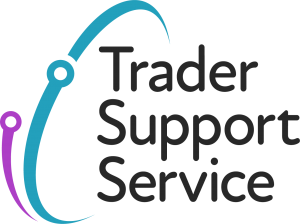Non—preferential origin
Non—preferential origin confers an ’economic nationality’ on goods. It is used for determining the origin of products subject to all kinds of commercial policy measures (such as anti—dumping measures and quantitative restrictions) or tariff quotas.
Non—preferential origin Read More »

